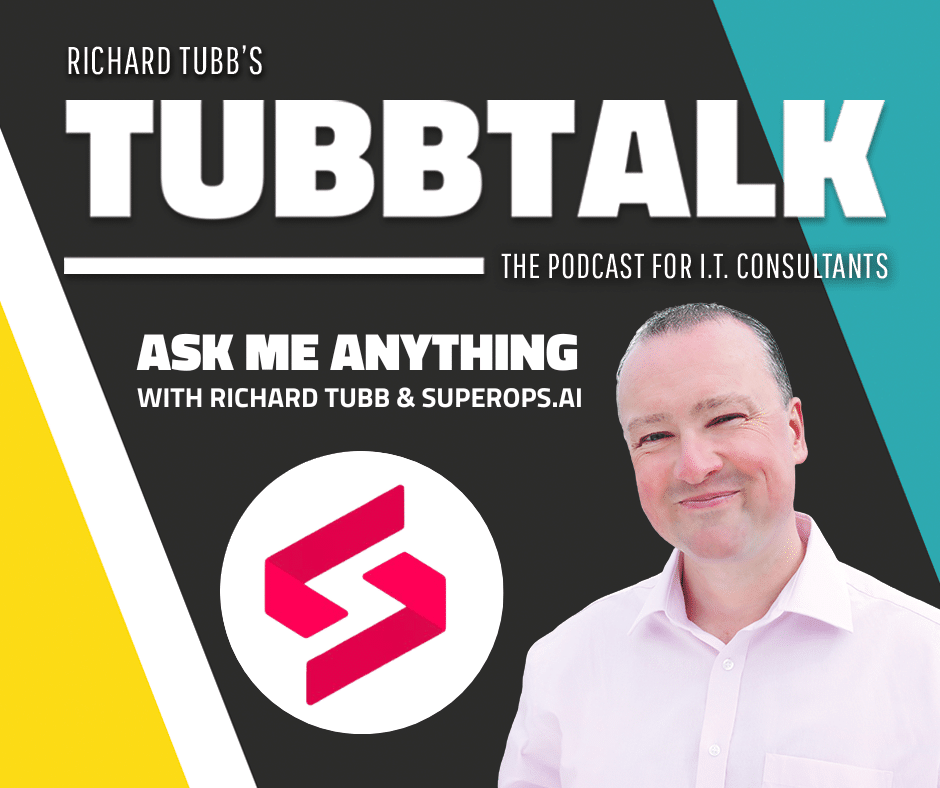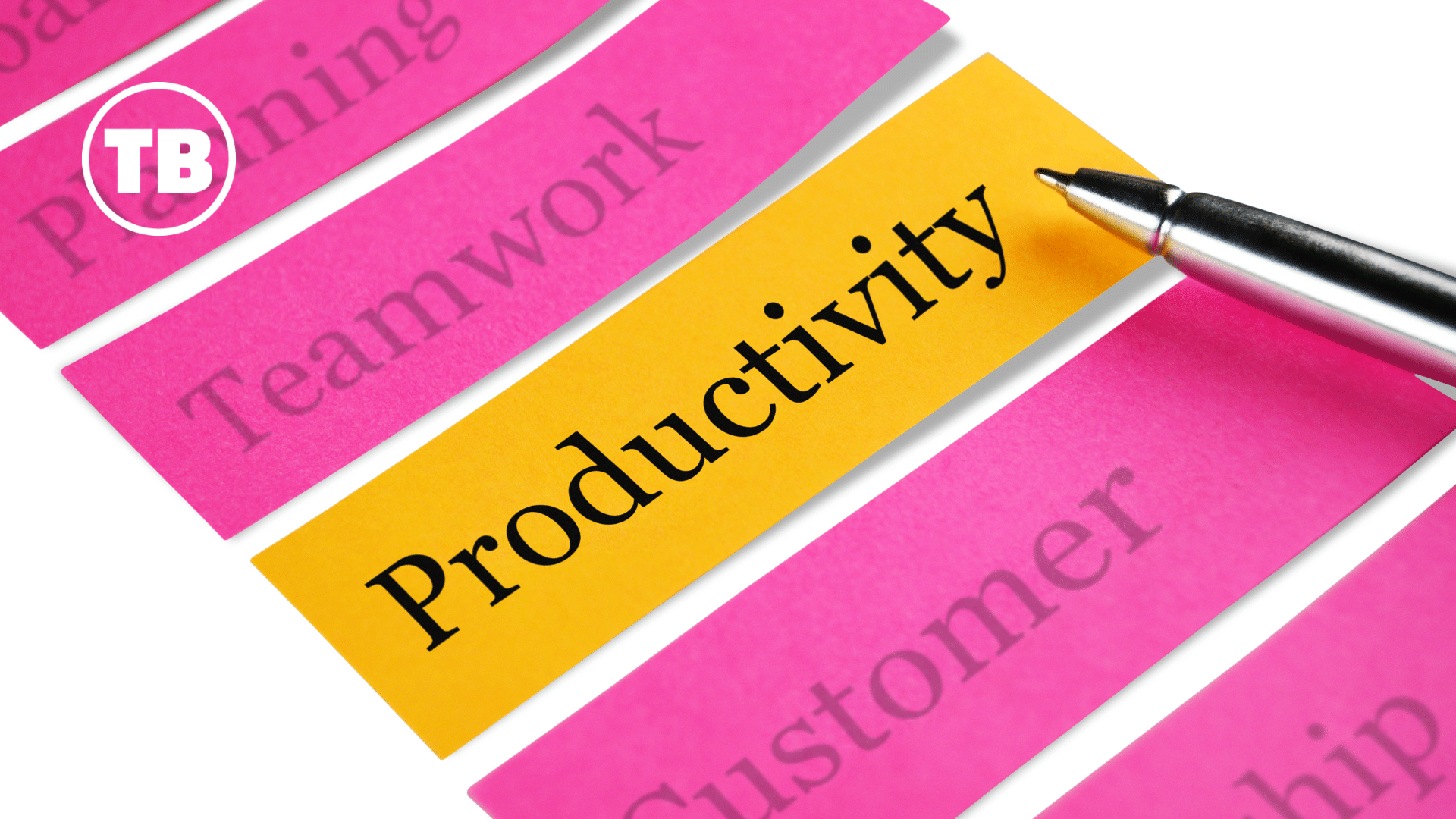
Have you ever had somebody tap you on the shoulder as you were in the middle of a task that required your concentration, or call you on the telephone just as you were about to get on with something important? When the person asks you for whatever it is they want help with, how do you normally respond? I’m guessing it’s not unusual for you, like me, to use the turn of phrase “Just give me 5 minutes”.
Of course, what you’re trying to say is “I’m busy right now” but you’re probably too polite to say that. So you set their expectations in that you’ll be no more than 5 minutes at which point you’ll be able to help them. The trouble is that if you take longer than 5 minutes to get back to that person then they may feel as thought you’ve let them down and you’ll probably feel the same way. Not a great way to start a conversation.
Saying “Yes” when you really want to say “I’d love to be able to help, but I’m unable to right now” is something many of us struggle with. I, along with many others, find it difficult to say “No” for fear of letting the other person down, yet the reality is that by saying “Yes” and then failing to deliver what you’ve promised – you’re letting the person down much more.
Setting Unrealistic Expectations
I’ve recently said “Yes” when, with hindsight, I meant to say “No”. It caused stress (for me) and frustration (for the person I’d say yes to).
During the month of October I was on the road travelling for business almost solidly. I emailed my paying clients in September to advise them October would be very busy and so be aware I may be slower with responses to my email than I normally was. All my clients understood – I had set their expectations correctly. If only I’d done that with everyone else!
I set an out of office message on my email to advise everyone who contacted me that I’d be very busy travelling and unless they were a paying client that I’d be unlikely to be able to respond to them in a timely fashion. So far so good. I then made the mistake of sharing shared when I’d be back in the office and the day I’d specifically put time aside to catch-up on emails. I set expectations. Expectations that were, in hindsight, unrealistic. Expectations that I’d set because I felt bad telling people that I may take longer to reply to their emails.
(I typically work to the calculation that for every full day I’m out of the office, I need an hour specifically to catch-up on emails upon my return. So seven days out of the office = a whole working day to catch-up on emails. On this occasion I was out of the office for almost 3 weeks, which realistically meant I’d need 3 full days to catch-up on e-mail. “Nah!” I thought “A day should be fine!”).
Suffice to say that three weeks later and having spent just a day tackling the job of taming my email that was, in reality, a 3 day job — and then thrown back into the daily routine of new emails and fee earning work — I’d barely made a dent in the hundreds of requests for my time I’d received.
The consequences of breaking promises

Malcolm was right. I’d set his expectations, or made a promise, to get back to him three weeks earlier and hadn’t.
I’m guessing that if my out of office message was more realistic and actually said “I’d love to be able to reply to your email in a timely fashion, but the reality is that I receive so many emails that I’ll be unable to” that Malcolm would have been disappointed with my response and yet got over it and moved on. I may have even exceeded his expectations by responding three weeks later with a polite “Can I still help you?” when he probably didn’t expect a response at all.
Of course, I apologised profusely and went out of my way to subsequently offer free advice and help to Malcolm – but I never heard back from him. The damage had been done. I’d lost all credibility in Malcolm’s eyes.
A lesson learned for me and one you can learn from too, I hope.
Learning to say “No”
In your own business, how often do you say “Yes” to clients and prospects when you really meant to say “No” — then reap the consequences of putting pressure on yourself and setting your clients/prospects expectations too high to realistically meet?
- It may be a friend or family asking for assistance when you’ve already got commitments elsewhere.
- It may be a client who wants immediate help when you’re already booked up solidly.
- It may be a prospect who asks for something which you’re unsure you know how to deliver upon.
I’m a helpful person by nature so I’m trying hard to learn to say “No” more often where my gut feeling is that I’m not going to be able to help that person in a timely fashion or indeed at all. It’s neither helpful to me nor the person to set their expectations unrealistically.
Saying “No” may disappoint the person you’re saying it to, but they’ll understand — and better to politely say “No” early on than say “Yes” and not meet your commitment later on.
photo credit: cheerfulmonk via photopin cc
photo credit: @andymatthews via photopin cc















Comments
2 thoughts on The value in learning to say No
HAROLD AMES
28TH NOVEMBER 2013 05:03:18
I had the most wonderful experience of saying no the other day.Funny, the cognitive dissonance that sentence immediately sets churning in the mind. We don’t often associate the statement, “No,” that ultimate speech-act of negativity, with satisfaction, even self-congratulation.
RICHARD TUBB
28TH NOVEMBER 2013 08:36:10
Harold - thanks for the comment! It's true - saying "No" can help you feel good!